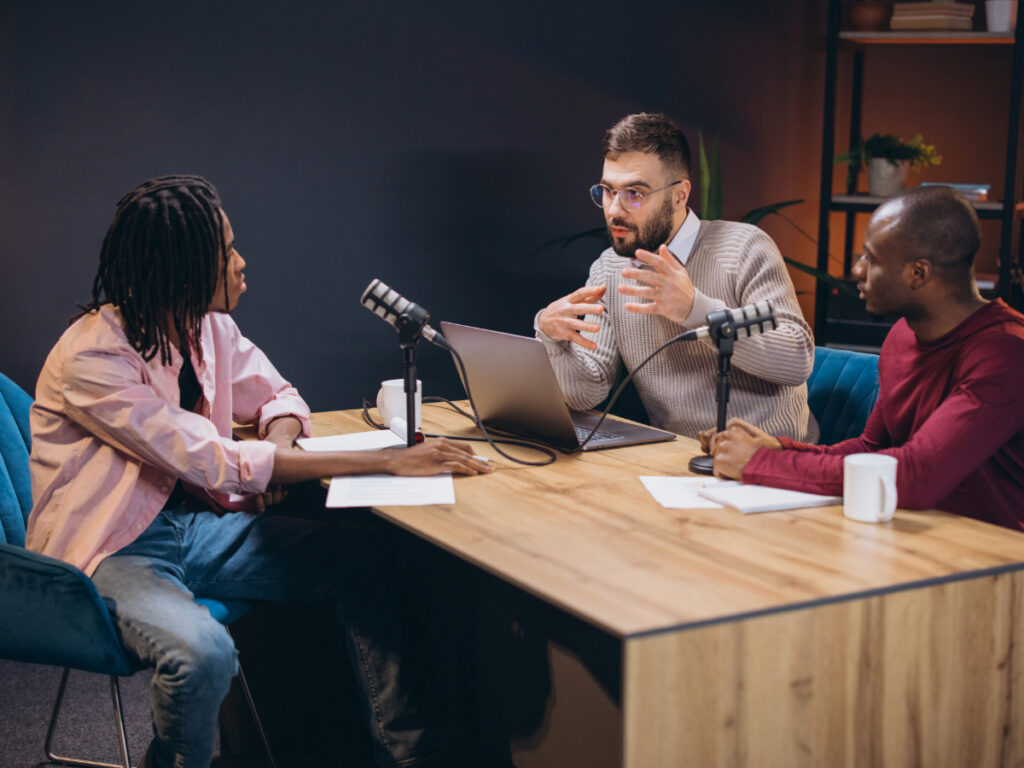Starting a podcast is easier than ever, but having the right equipment can make a huge difference in your audio quality and overall listener experience. Whether you’re on a budget or looking for professional gear, this guide will walk you through the essential equipment you need to launch your podcast.
1. Microphone
Your microphone is the most critical piece of podcasting equipment. There are two main types of microphones to consider:
- USB Microphones – Ideal for beginners, USB microphones plug directly into your computer and are easy to set up. Examples include the Audio-Technica ATR2100x and Blue Yeti.
- XLR Microphones – These offer higher sound quality but require an audio interface or mixer. Popular choices include the Shure SM7B and Rode PodMic.
2. Headphones
A good pair of closed-back headphones helps you monitor your audio in real-time and catch any issues before they become a problem. Some excellent choices include:
- Audio-Technica ATH-M50X
- Sony MDR-7506
- Beyerdynamic DT 770 Pro
3. Audio Interface or Mixer
If you’re using an XLR microphone, you’ll need an audio interface to connect it to your computer. Recommended options include:
- Focusrite Scarlett 2i2
- Rodecaster Pro (great for multi-person podcasts)
- Zoom PodTrak P4 (portable and budget-friendly)
4. Pop Filter & Mic Stand
- A pop filter reduces plosive sounds (like “p” and “b” sounds) to improve vocal clarity.
- A mic stand or boom arm helps position your microphone correctly and reduces unwanted vibrations.
5. Recording & Editing Software
Your podcast software is essential for recording and editing your episodes. Some top choices include:
- Audacity (Free, great for beginners)
- Adobe Audition (Professional-grade editing)
- GarageBand (Mac users)
- Hindenburg Journalist (Made for podcasters)
6. Podcast Hosting Platform
Once your podcast is recorded and edited, you’ll need a hosting platform to distribute your episodes to platforms like Apple Podcasts and Spotify. Popular hosting services include:
- Buzzsprout
- Libsyn
- Anchor
- Podbean
7. Optional Extras for Better Production
- Acoustic treatment – Reduces echo and background noise.
- External recorder – Devices like the Zoom H6 allow you to record without a computer.
- Camera & Lighting – If you plan to record video podcasts.
Investing in quality podcasting equipment from the start will help your show sound professional and attract more listeners. Whether you’re launching a solo show or a multi-person production, this gear will set you up for success. Happy podcasting!


